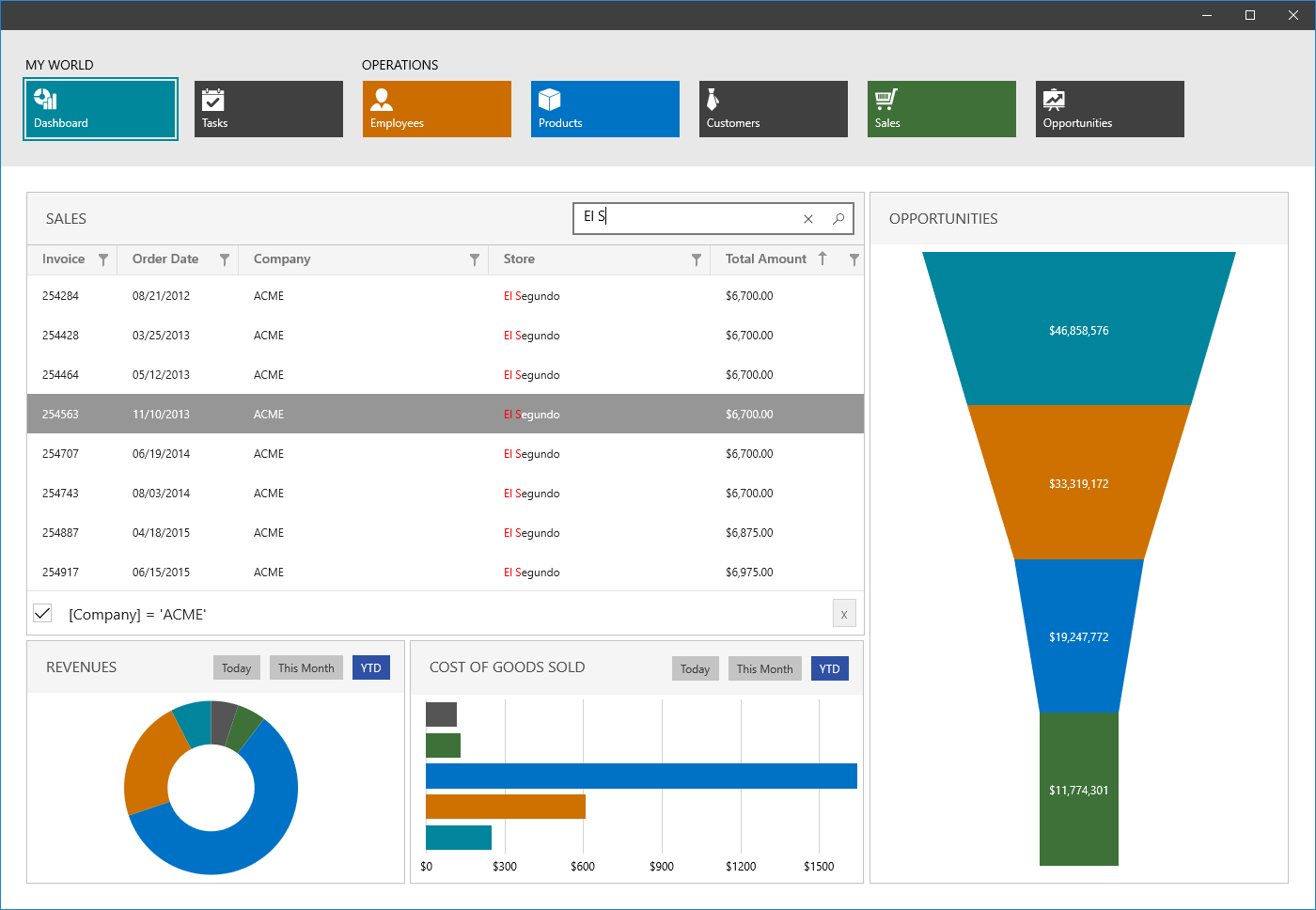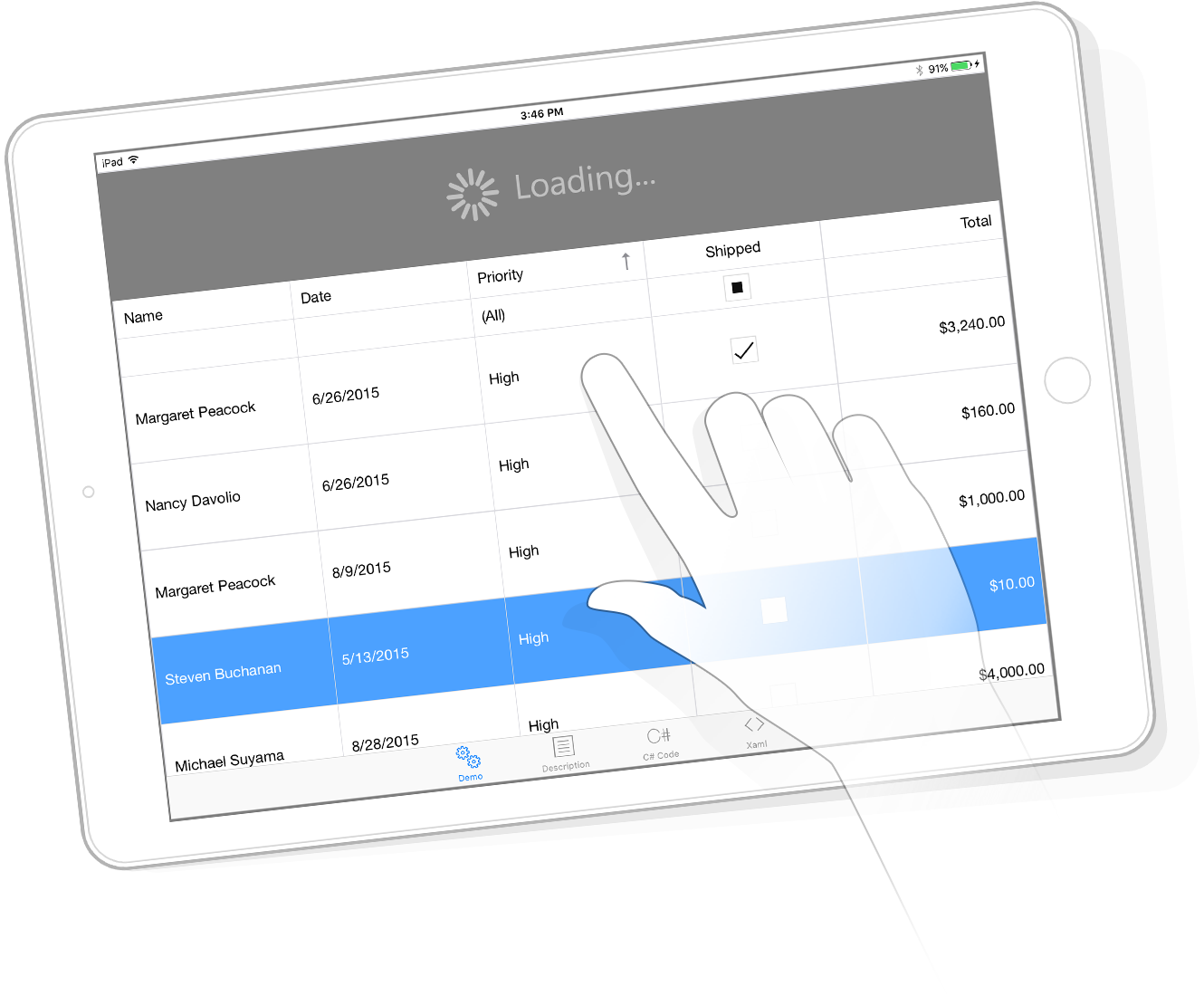


Grid.SortBy("CompanyName", GridColumnSortOrder.Descending, 2) Grid.SortBy("City", GridColumnSortOrder.Descending) var column = Grid.GetDataColumns().First(i => i.FieldName = "Country") Ĭolumn.SortOrder = GridColumnSortOrder.Descending Ĭall SortBy methods. Note that you need to enclose your code between BeginUpdate and EndUpdate method calls to change values of Grid component parameters outside the Grid component markup. Use a column’s SortIndex property to specify whether the column takes part in sorting and at which level. You can sort grid data at runtime in the following ways: If the property is set to -1, the grid data is not sorted by this column. SortIndex Specifies the column’s index among sorted columns. You can use the following properties to specify a data column’s initial sort settings: SortOrder Specifies the column’s sort order (ascending or descending).

Sort Data in Code Specify Initial Sort Settings The code sample below demonstrates how to sort data by the ContactName column and prevent users from clearing sort settings: DxGridDataColumn.AllowSort Specifies whether users can sort data by the current column. You can use the following properties to prohibit end-user data sorting operations: DxGrid.AllowSort Specifies whether users can sort grid data.

Subsequent clicks reverse the sort order. Click a column header to sort data in ascending order and clear sort criteria for all other columns.The following user operations are available: If a column data type does not support this interface, implement a custom sort algorithm. The sort algorithm is applicable to data types that implement the IComparable interface. The sort glyph indicates the current sort order (ascending or descending). The Grid can sort data by multiple columns.


 0 kommentar(er)
0 kommentar(er)
